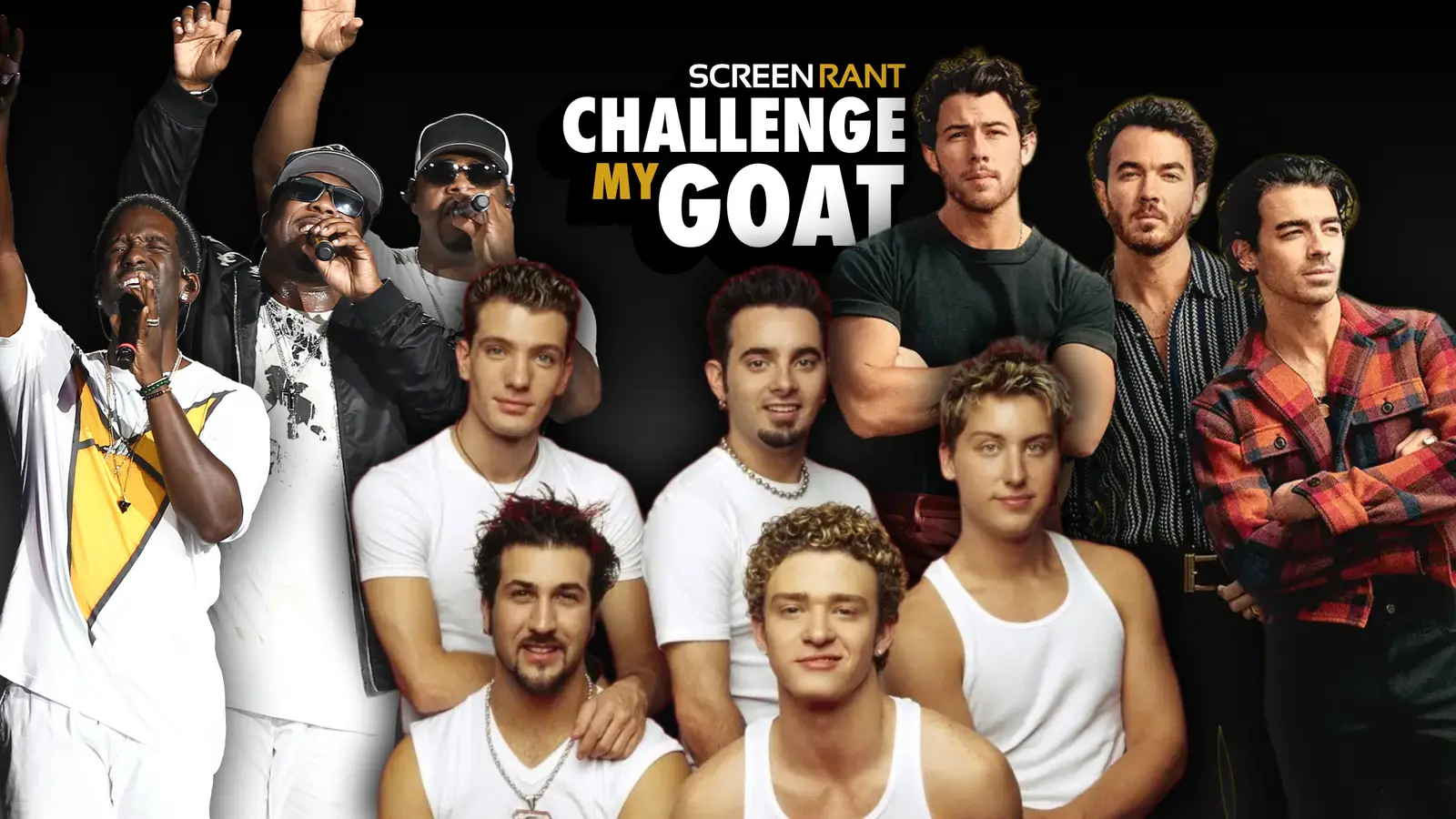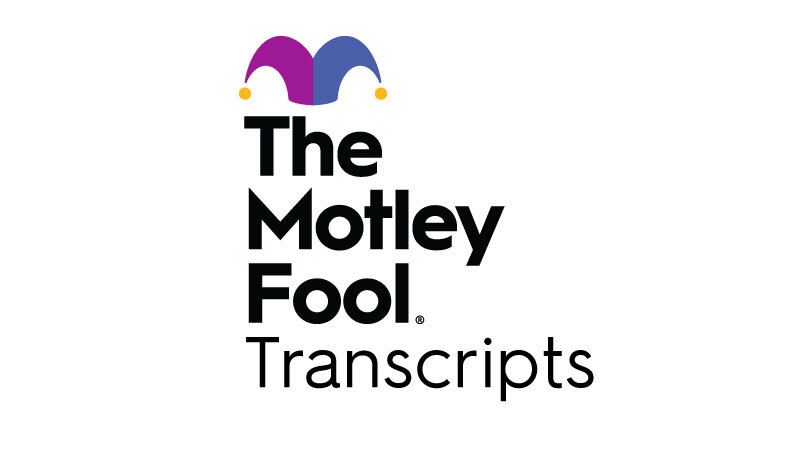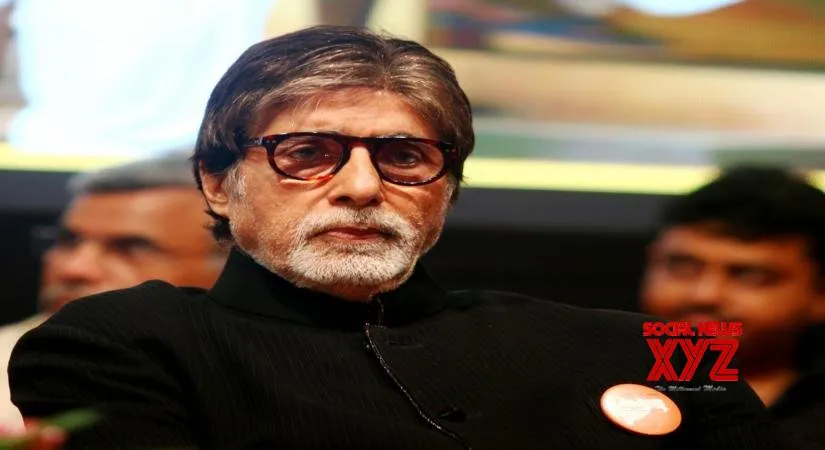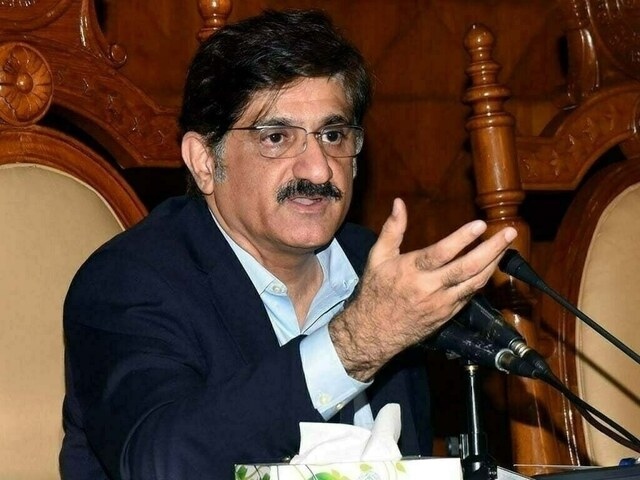Copyright Screen Rant

Hi! I'm Lacey Cohen, and I've been a music writer at ScreenRant for a little over nine months. For as long as I can remember, I have been certifiably obsessed with music. I started taking guitar lessons at age nine, and some of the first songs I learned how to play were Hendrix's "Purple Haze," The Beatles' "Day Tripper," and Michael Jackson's "Beat It," which I performed for my fourth grade talent show. Today, I tend to measure my life by whatever band or artist I am deeply enamored with at any given time. I realized that I was gay in 2010, when I was 11 years old. Not long after I made my discovery, someone I had mistaken for a confidante outed me to my entire class, prompting me to burrow my way back into the closet even deeper than before. My tactic to prove my hetero bona fides was to target musical artists with a particularly feverish straight girl following, and I subsequently dedicated myself to becoming an absolute authority on any and all boy bands. In the fall of 2011, while my love for clean-cut, crush-worthy teenage boy singers was shifting from the Jonas Brothers to Justin Bieber, I accidentally came upon a UK-based boy band named One Direction. My descent into obsession was swift and absolute: Populated by five indefatigably charming English (or in one case, Irish) young men with angelic voices, their five vibrant yet distinct personalities not only made them instant heartthrobs, but gave fans a panorama of options from which to choose as their favorite. From the moment they released their debut album, Up All Night, One Direction instantly infiltrated popular culture on a global scale. Zayn Malik's departure from the band in 2015 resulted in friends of mine leaving school early to reckon with the news. Their announcement of a full group hiatus later that year prompted me to leave school early. No other boy band before, or since, has topped their greatness. One Direction Rewrote A Teenage Heartthrob Playbook That Was Older Than Them In the 1990s, there were *NSYNC and the Backstreet Boys, posters of whom were plastered on the bedroom walls of teenage girls everywhere. These groups shaped the mold of what it meant to be a boy band—a group of young men assembled by a music mogul or producer whose music and performances were choreographed and engineered to appeal to a youthful fan base, singing about young love (or rather, lust). The formation of the Jonas Brothers followed in 2005, making that trio first (prominent) new boy band of the 21st century. Their biological connection as brothers scratched a different itch than their predecessors, as their own songs about romance simmered with the underlying awkwardness of sibling competition for the same young woman. Consequently, they departed from the mold created by *NSYNC, the Backstreet Boys, 98 Degrees, New Kids on the Block and most of the other boy bands that came before them. Then, in 2010, Simon Cowell created One Direction, by grouping together five young, male contestants from British singing competition show, The X Factor, he believed might perform better as a group than on their own. And boy, was he right: when Niall Horan, Zayn Malik, Liam Payne, Harry Styles, and Louis Tomlinson came together, they not only achieved electrifying success but reinvigorated the boy band as a concept. The Jonas Brothers got the genre's ball rolling once again, but One Direction provided an antidote to the slump that emerged as members of *NSYNC and company spun off solo (and much more adult) careers. The fact that they were from the UK only propelled their precociousness on international shores. Though they didn't win on The X Factor, the quintet rushed into working on their debut album, leveraging their visibility on the show to cultivate a global fan base. At the start of the decade, UK talent-based game shows were not exactly popular in the US, but UK fans spread word of the emerging boy band, primarily via Tumblr, utilizing the blogging-based social media platform that all but dominated online culture at the time. From The Beginning, Their Music Felt Simultaneously Youthful And Mature One Direction released five studio albums during their six-year tenure. Their final album, Made in the A.M., evidenced significant growth from Up All Night, but their lyrics have always shown a greater depth than their predecessors' music (much less their then-contemporaries)—creating songs more deeply rooted in emotional reality. On each of their albums, at least one track discussed themes of growing up, embracing new experiences, and moving on from the hardships that life has to offer, almost always on a more emotional scale than typically associated with boy bands. On Up All Night, it was the album's closer, "Moments," Take Me Home had "Little Things," Midnight Memories, "Story of my Life," and there were multiple such tracks on their appropriately-titled fourth album FOUR. With a little collaborative help from songwriting aficionado Ed Sheeran on a handful of songs, One Direction's lyrics always felt a little broader and more poetic than the cheesy love songs many other boy bands released. Where The Backstreet Boys were singing, "You are my fire / The one desire," One Direction was singing, "She been my queen since we were sixteen / We want the same things, we dream the same dreams." Even beyond their love songs, of which there was certainly no shortage, they wrote songs about life at whatever stage of it they were in at a given time. Their third album, Midnight Memories, was released at essentially their peak. They'd been around for three years at that point, and had sold out stadiums globally, making Midnight Memories as highly anticipated a release as any. That album included the song "Don't Forget Where You Belong," whose lyrics discussed touring the world and experiencing fame on such a massive level, but still staying true to their roots and where they came from. They Became A Lightning Rod For Social Issues Unlike Any Other Boy Band The One Direction era (2010-2016) marked an important time for social progress, in particular the legalization of same-sex marriage in 2015. As representation expanded and advocacy for the LGBTQ+ community became increasingly 'cool' in society, One Direction, intentional or not, utilized that coolness to their advantage. One Direction's fans were not only in love with the band members themselves, they were also deeply obsessed with the idea that the band members were romantically involved with one another. On Tumblr, "Directioners" would spend hours conspiring and compiling evidence that proved those five boys were as romantically in love with each other as fans were with them. Though publicly they maintained serious relationships with women, the romantic and sexual tension between, say, Harry Styles and Louis Tomlinson felt indisputable. As a band, they seemed to lean into that aspect of their fans' adoration, sometimes even kissing one another in their ever popular YouTube vlogs. Their couple portmanteau "Larry Stylinson" showed up in hundreds of One Direction fan blogs, and they did little to squash the rumors. They Accomplished More In A Shorter Span Of Time Than Any Other Boy Band Speculation around their sexuality fueled a huge portion of the cultural discourse around the band, but they maintained their stardom with video recordings of their concerts on DVD, expertly-produced music videos, and appearances on other programs like the iconic Nickelodeon TV show iCarly. Every corner of the internet, radio, and fans' daily lives from 2010 to 2016 was occupied in some part by One Direction. While other boy bands were around for decades or more, often including a reunion phase, One Direction never did reunite—and the tragic death of Liam Payne in 2024 unfortunately ensures they never will. But that high concentration of achievements has only made their impact on popular culture that much more potent. Today, One Direction's five-album discography remains a cultural rubric unto itself. For those fans that marked their six-year career as some of the most formative of their lives, their legacy feels undiminished and irreplaceable, even a decade later. Some have come close, but no other boy band has exerted a greater impact on culture, society, and the daily lives of their fans than Simon Cowell's crowning achievement: One Direction. Think there's a boy band who tops One Direction as the greatest boy band of all time? Let me know in the comments!



